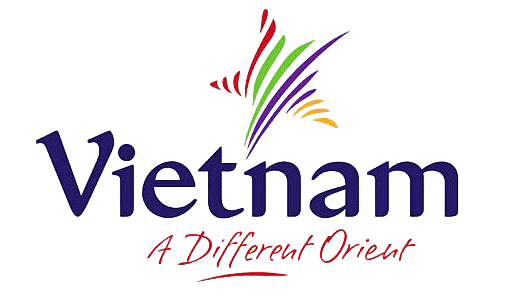Tró Chơi, often translated as "game" or "play," is a term used to describe a wide variety of traditional games found in Vietnam. These games are not just for entertainment but also reflect the country's deep cultural roots and intellectual heritage. From ancient board games to modern card games, Tró Chơi offers something for everyone.
The origins of Tró Chơi can be traced back centuries ago when Vietnamese people began creating games using simple tools like bamboo sticks and stones. These early forms of play were often tied to religious or moral teachings, making them not just a source of fun but also a way to educate the population. Over time, Tró Chơi evolved, incorporating elements from Chinese culture and other regional influences, resulting in a unique set of games that are distinctly Vietnamese.
One of the most famous Tró Chơi examples is Shisen, a card game that combines strategy with luck. Players use strategic cards to block their opponents while trying to complete their own sets. Another popular game is Mahjong, which originated in China but has become a staple in Vietnamese culture, often enjoyed by families and friends during gatherings.
Despite the rise of modern video games and online platforms, traditional Tró Chơi remains deeply rooted in Vietnamese society. Many parents use these games to teach children about teamwork, patience, and respect for others. The wisdom embedded in Tró Chơi is also celebrated in literature, art, and even everyday conversations, making it a cherished part of the national identity.
Tró Chơi is more than just a pastime; it's a window into the soul of Vietnam, showcasing its history, values, and the way people connect with one another through shared experiences and intellectual challenges.
Nguồn bài viết : SABA-SPORTS


